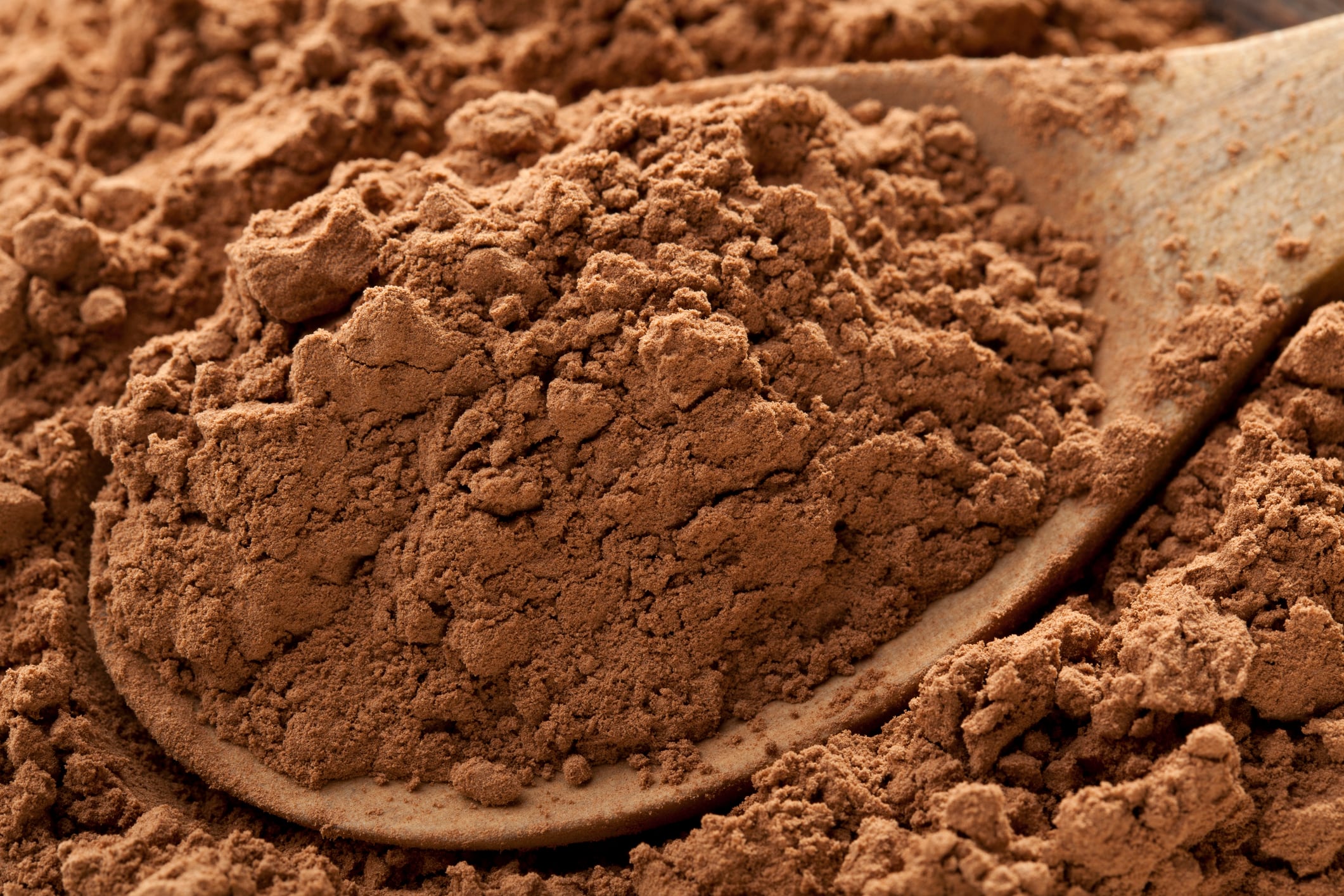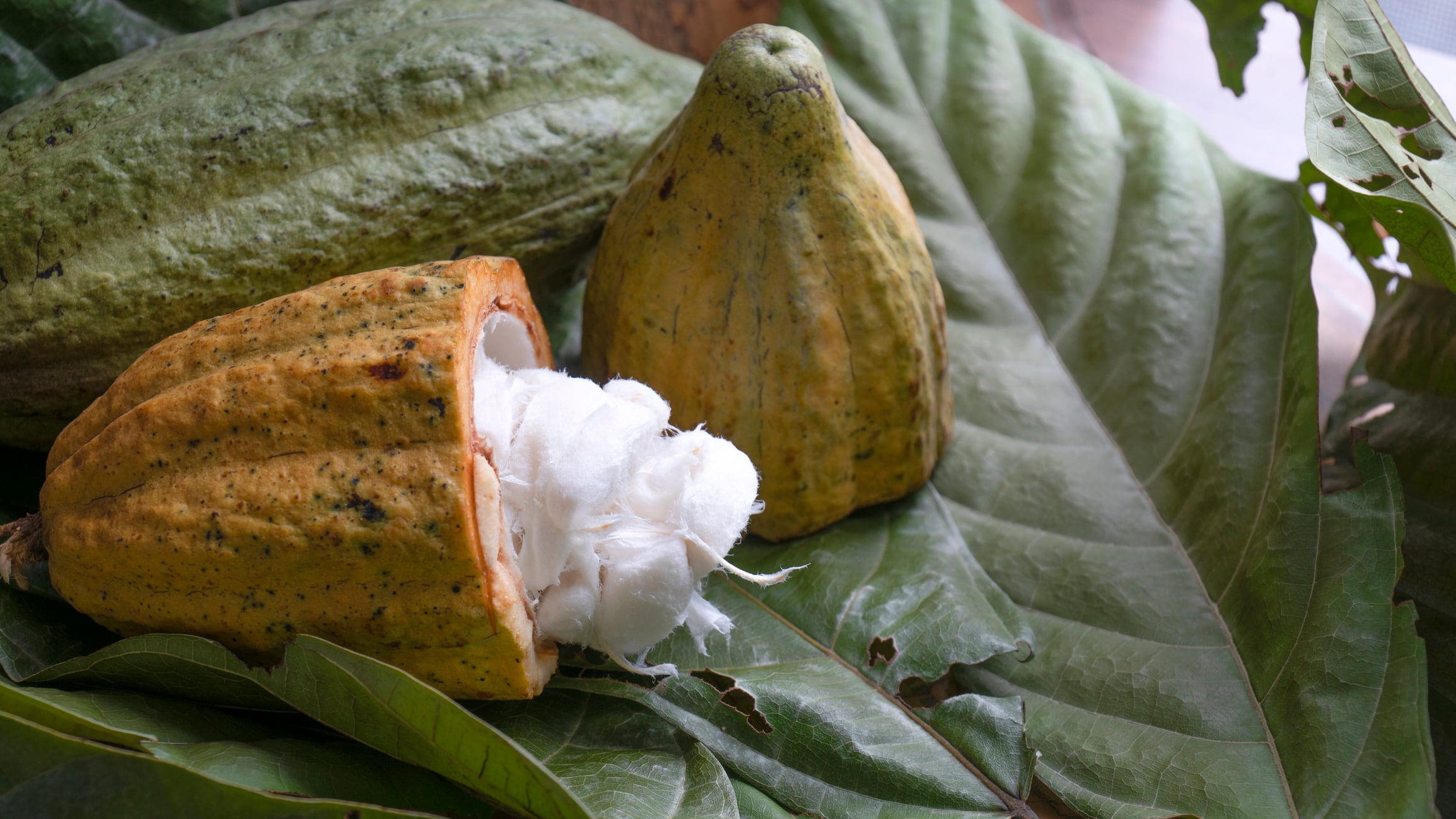As cocoa prices continue to fluctuate on the higher end, cocoa powder and cocoa fat alternatives may provide some relief for companies.
Cocoa prices reached an all-time high of $12,906 per metric ton in December 2024 before dropping to $10,594 per metric ton on Feb. 5, according to Trading Economics. While the price decline since December offers some breathing room for industry, Trading Economics data indicates ongoing volatility due to factors such as crop failures and droughts in key production regions like Ghana and the Ivory Coast.
The strain on cocoa prices is expected to persist through 2025, with price hikes “potentially the norm” worldwide, according to Mondelez. Meanwhile, declining prices per kilo are impacting confectionery giants like Mondelez, which predicts a 10% dip in 2025."
While some multinationals, like Hershey, weathered the increases in 2024 by bolstering its supply chain, other companies rethought their ingredient sourcing later that year when prices soared, like better-for-you snack brand Elavi.
Elavi faced extensive supplier wait lists for dark chocolate needed for its Chocolate Fudge Cashew Butter. Instead, the company switched over to cocoa powder, resulting in a comparable taste, texture and cost before the price spike without raising prices for consumers, according to Elavi’s co-founder Michelle Razavi.
Cocoa powder solutions coupled with fat may help achieve comparable flavor profiles
A combination of cocoa fats and cocoa solids contribute to the complex chocolate flavor consumers seek, but a cocoa powder made with concentrated cocoa fats may help ease inflationary costs without sacrificing taste, according to Michael Ivey, national sales director for Butter Buds Inc.
“Chocolate’s rich flavor is based on an ideal 3-to-1 ratio of cocoa fat to cocoa solids,” Ivey said. The supplier is highlighting its Cocoa Butter Buds ingredient made from a patented enzyme modification that concentrates cocoa fat and can be used “at very low levels” contributing to “a large reduction in fat content/calories,” Ivey said.
While cocoa powder prices tend to move inversely to cocoa bean prices, cocoa butter – being directly derived from cocoa beans – can be expensive. Shifting from traditional chocolate confectionery to more cocoa powder-based products may offer a more cost-effective alternative.
Cocoa Butter Buds “has the ability to make standard cocoa powder mimic premium cocoa/chocolate flavor by providing the key missing ingredient, fat,” Ivey explained.
He continued, “Most chocolate-flavored foods are made with cocoa powder that has a 1-to-9 (fat-to-solids) ratio, leaving an incomplete chocolate flavor. Until now, it has been impossible to add enough cocoa fat to balance the flavor without adversely affecting texture, processing, nutritional profile and cost,” he said, adding that cocoa powder is typically used in applications to impart a “chocolate flavor profile.”
Achieving a chocolate flavor profile also requires cocoa fats from cocoa butter, which Butter Buds sources “in very large volumes to prevent variation of product,” allowing for maximized economies of scale and establishing a stable price as much as possible, he added.
Can ‘SOS butter’ help improve cocoa supply pains?
Biotech company Yali Bio’s precision fermentation-based alternative to cocoa butter also may offer companies a cost-effective option.
The company developed a yeast-based alternative to cocoa butter by leveraging its expertise in soft butterfat (fats that remain softer at room temperature) and fermentation processes to modify the triglyceride profile of its butterfat to match cocoa butter – a hard fat that remains solid at room temperature but melts quickly at body temperature, according to Yali Bio’s CEO Yulin Lu.
“We cannot call it cocoa butter for obvious reasons, we call it ‘SOS butter,’ part of it is, of course, the unique chemistry behind the fatty acids arrangement in its structure, and more so, it is timely to urge a much needed change and attention to cocoa supply and our climate crisis, it is SOS. time,” Lu said.
Yali Bio debuted its cocoa-butter alternative during the Scientific Kick-off Event hosted by the Bezos Center for Sustainable Protein at Imperial College London last month. The company is undergoing regulatory preparation for Generally Recognized as Safe (GRAS) and preparing a request for proposal process to work with chocolate manufacturers to scale and distribute the ingredient into the confectionery market, according to Yali Bio.



